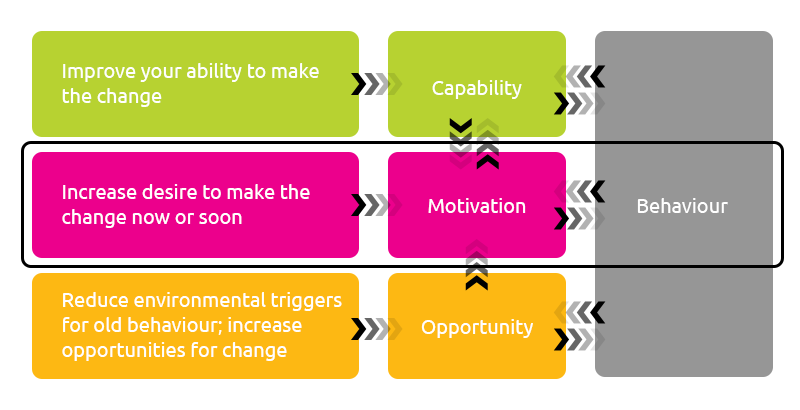Can Insurers Look to Simple Behavior Changes for Mortality Improvement?
As the world lives through a global pandemic, people are trying to be hygienic and health-conscious more than ever. But these lifestyle changes will require people to break some deeply ingrained habits.
In order to slow the spread of the virus, countries around the world have implemented protective strategies – from imposing quarantines and closing offices, schools, and public places to advocating for changes in personal habits, such as practicing social distancing, washing hands more often, and wearing face masks. When applied correctly, these simple measures can help limit the spread of COVID-19 as well as other respiratory illnesses and keep people healthier during the cold and flu season. For example, emerging research from Japan suggests that seasonal influenza activity was lower in 2020 than in previous years, which may have been affected by heightened awareness, and actions taken to reduce the risk of SARS-CoV-2 transmission.
The way people wash their hands would seem to be an easy habit to change. Yet often it takes extenuating circumstances, such as a global pandemic, to get us to think about even the simplest general hygiene and health habits, let alone change them. And what about other, more demanding habits to change like walking versus driving, eating a hamburger with salad versus chips, or drinking water versus wine with dinner?
While initially there may have been reasons behind why we behave the way we do, many of our daily choices have become a matter of habit. And habits are hard to change.
The formula for behavior change
According to behavior scientists, three factors are necessary for change: the ability to make the change, the motivation, and the opportunity.

Let’s consider one of the more challenging habits to break: quitting smoking. Data analysis from a recent RGA white paper, “Lifestyle-Related Behaviors and Mortality: A Comparison of Physical Inactivity and Smoking,” reports that all-cause mortality experience for current smokers is 2.3 times higher than individuals who have never smoked.
While there are many variables to consider, such as the average age of the population, availability of healthcare, and living conditions, there may be a correlation between mortality rate and smoking – enough to incent smokers to step up their efforts to quit.
As for opportunity, smoking is unlike other habits, such as driving to work. Very few people are forced to do it. Even those in high-stress environments, where smoking provides a sense of release, aren’t forced to smoke. The opportunity to quit is always there; it’s a matter of whether the motivation to quit is stronger than the desire to smoke.
Capability is another matter: Quitting smoking isn’t a matter of “Just don’t do it!” Smokers often need help, either because it’s a deeply ingrained habit or because they are truly addicted to nicotine. Technology may offer a new path to quitting for some. Kwit is an application that combines gamification and cognitive behavioral therapy as an alternative to e-cigarettes and nicotine replacement therapy. As Kwit’s website explains:
Inspired by cognitive and behavioral therapy principles, Kwit has developed a playful and original approach, with no nicotine substitute, to guide you towards a smoke-free life. Designed like a game, the app helps you overcome the withdrawal symptoms through different and personalized strategies to resist the desire to smoke.
While Kwit isn’t necessarily what you might think of as insurtech, many carriers are on the mission to build relationships with similar app developers, or fielding their own in-house development teams, to promote healthy habits that benefit both the customer and the business. These habits don’t need to be as difficult to establish as quitting smoking; even taking more steps or reducing screen time can have meaningful health impacts. As insurers evolve away from a strictly transactional relationship with consumers toward serving as partners in health, such tech-driven engagement will become more prevalent throughout the industry.
RECOMMENDED RESOURCE
On-Demand Webinar: Learn how to drive innovation through structured methodology
Watch Webinar
Summary
We don’t have to wait for another pandemic to help people break bad habits and adopt good ones. Insurers should look for ways to partner with insurtechs and other service providers to develop technologies that promote healthy behaviors, help break bad habits, and serve customers at a deeper level.
At RGAX, our mission is to partner with insurance carriers and organizations both inside and outside the industry to harness advancements in technology, analytics, and the understanding of human behavior to help people live longer, healthier, more financially secure lives. Contact us if you are interested in learning more.
References

